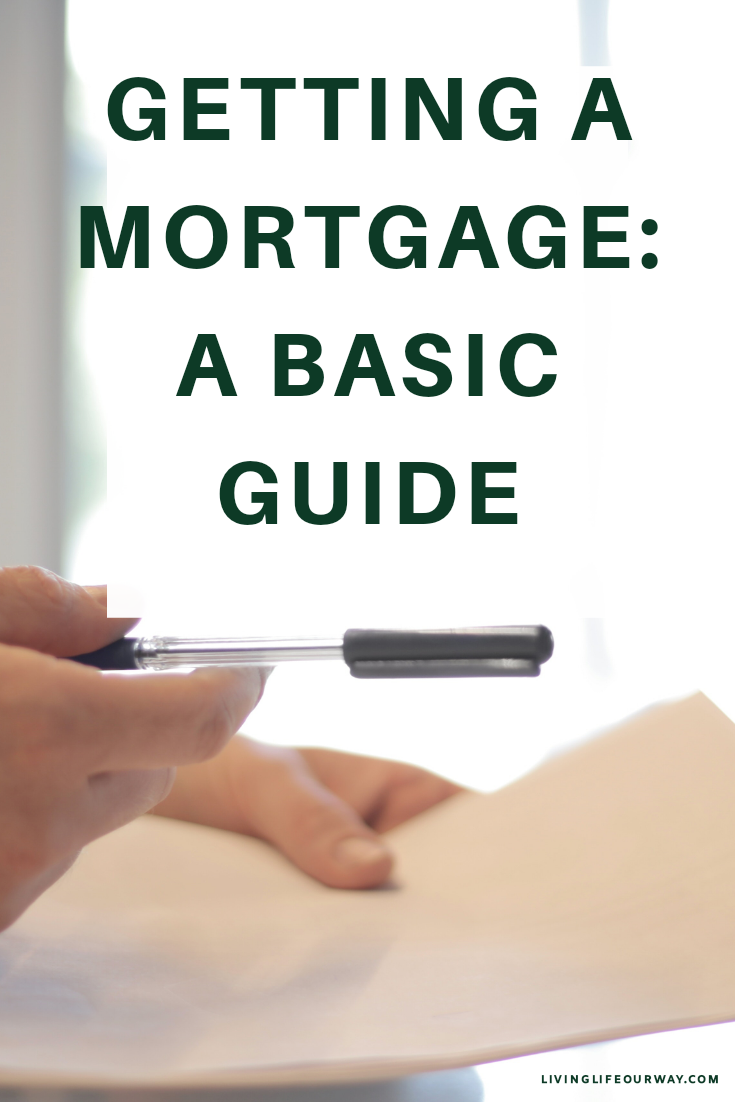Given the uncertain times we live in, it is understandable that many out there will be seeking some extra stability. What this looks like will differ from household-to-household, but some out there could well be looking at their financial situation and asking a question that many have asked themselves over the years: “is getting a mortgage right for me”?
Needless to say, the answer varies and there is a host of caveats to consider before any answer can be given. However, there are some factors that you will need to take onboard before making the big decision.
Know Your Finances
The very first thing you’ll need to do before considering buying a home is knowing where you are a with your finances.
What does this mean?
Well, it means being brutally honest with yourself and going through your income and outgoings to be sure this is a commitment you can even make. When you borrow, you’ll not just want to cover the cost of the property but also all additional fees that come with this. It all adds up.
At this point you’ll also need to take on board factors such as your debts and your credit score; these are all impactful and could hurt your application (and cause unnecessary heartache) if not considered in their entirety. If you need some help in this area, a mortgage calculator can help a great deal.
Size Does Matter
The bigger the deposit, the greater the range of mortgage options available to you, and the lower the pressure put on your monthly finances. What’s more is that banks tend to withhold the most generous lending rates to those with the biggest lumpsum payments. Sometimes, therefore, it is a much sounder financial decision to put aside some time building your deposit up in a savings account than it is getting a mortgage immediately.

Your Employment Status Matters
Some people don’t realise how much your current employment status affects legibility when it comes to getting a mortgage.
Banks tend to prefer it if you’ve been in consistent employment with the same employer for an extended length of time; infact, if you recently changed jobs, some lenders may take a little longer to approve you, or be hesitant to go ahead. The general rule of thumb is six months or more is best. You’ll also need to provide proof of how much you earn; so all the usual forms, documents and books will need to be provided. Make sure payslips and bank statement are all prepared in advance.
For those for are self-employed, things can get a little trickier. Banks are likely to ask for your full accounts, proof of taxes and so on. If these are unable to be provided, getting a mortgage is likely to prove near impossible.
Make Sure Your Application is Honest, Consistent and Don’t Tweak it
Much like with insurance quotes, adjusting your application too much will create flags in the system, and this will cause delays and hold ups. So, be sure to enter information thoroughly and correctly on the first try to avoid causing extra hassle down the line.
Mortgage Brokers are a Thing
If it’s all too overwhelming and you are unable to settle on the right type of mortgage, or find a deal that works for you, mortgage brokers can take much of the hard work from you and help you move forward.
*This is a collaborative post

